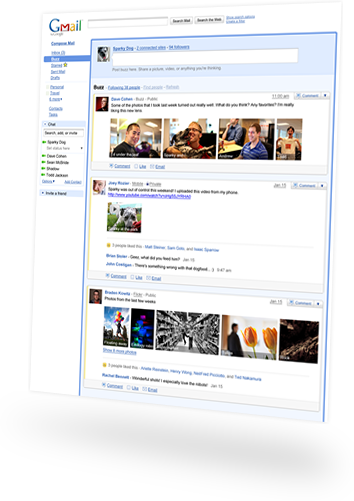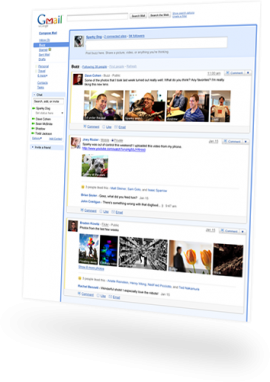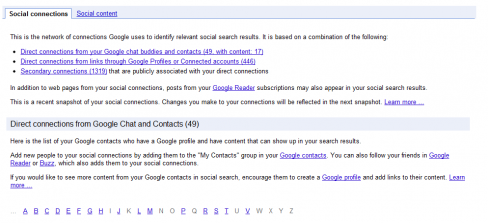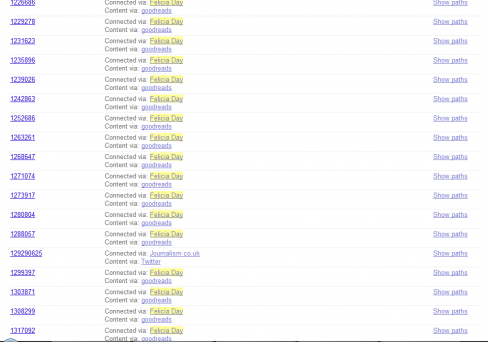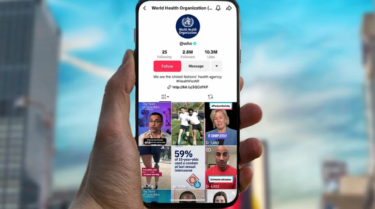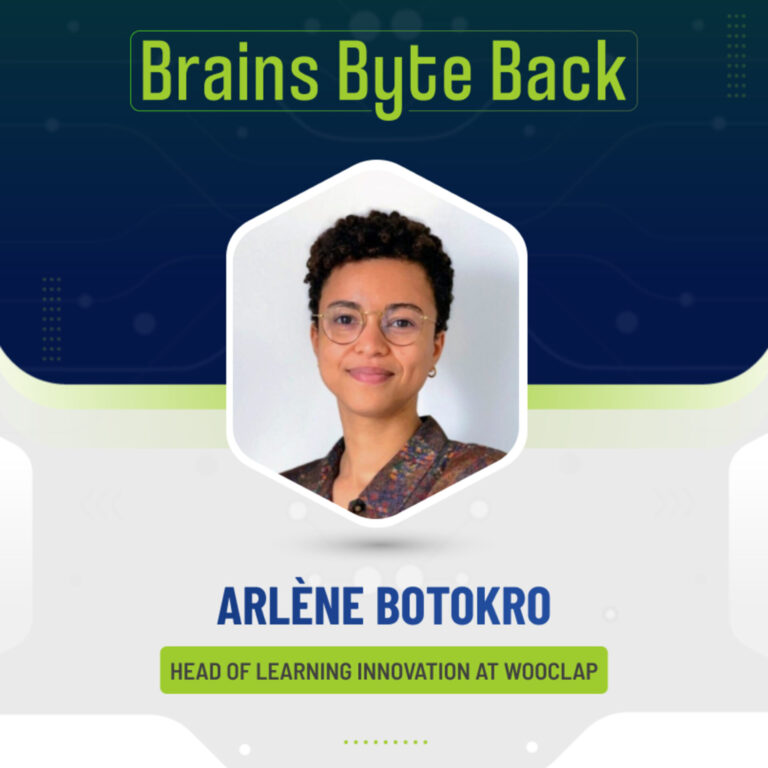Yesterday Facebook was caught out using underhand tactics to pitch major bloggers and the press against Google. Facebook accused Google of “scraping and mining social sites ” for information about millions of users.
But did they have a point?
You might not know it but Google has been building a personal index of your social networking connections that is so detailed it even knows who your friends are friends with.
Facebook’s accusations centre on Google’s Social Connections and Search site which indexes each users’ connections to friends across Google’s services such as Gmail, Buzz, Google Profiles and the web. Even if you don’t have a Google account but do have a social networking account you can appear on a user’s index of connections.
If you have a Google Account, including a Gmail account, you can see Google’s index of your online social circle by visiting http://www.google.com/s2/u/0/search/social. You will need to be logged into your Google Account to view the index.
Google’s index of your contacts lists your connections in three ways.
- Direct connections from Google Chat and Contacts
This list is created from your Gmail Chat, Google Reader and Contacts list. - Direct connections from links through Google Profiles or Connected accounts
This list is created from sites you link to on your Google Profile account. If you don’t have a Google Profile but have connected your Twitter profile to your Buzz account then Google indexes your Twitter followers here. - Secondary Connections
This list contains the names of users who are connected to any of the people linked to in the first two lists (i.e friends of friends).
The lists also shows the sites, such as Twitter or GoodReads, that connects users to each other.
Why does Google collect this information?
Google uses this information to customise search results for users, which it says “helps you discover relevant content from your social connections…[which] is sometimes more relevant and meaningful to you than content from any random person.”
Is this an invasion of privacy?
Probably not; the information here is publically available and in many cases comes from information you give to Google through their social sites (Buzz, Google Profile etc). What this index does, that is perhaps borderline, is make it easy to find information, you might not have otherwise come across, about someone.
For example I follow Felicia Day on Twitter and according to the information in my social connections index she has a GoodReads account, which I didn’t know. This information is in the public domain, if I wished I could have found her GoodReads account by doing a simple search.
But now I don’t have to, Google lists the information for me.
However, what is concerning is that Google’s index also connects me to over 320 people who are friends or followers of Felicia Day. I have never contacted nor met any of these people.
So what?
It is certainly a shock seeing the huge amount of information Google can collect about each user through just a few links. According to my index I am connected to over 1800 people through my Google and social networking profiles.
Google is not doing anything underhanded by creating this index, after all it is a search engine (although Facebook accused it of violating several sites’ Terms of Service agreements). But displaying this information in this way raises some questions about user privacy -not least, what exactly is private on the public social web?



